Home>Gardening & Outdoor>Pool & Spa Care>How To Soften Hot Tub Water
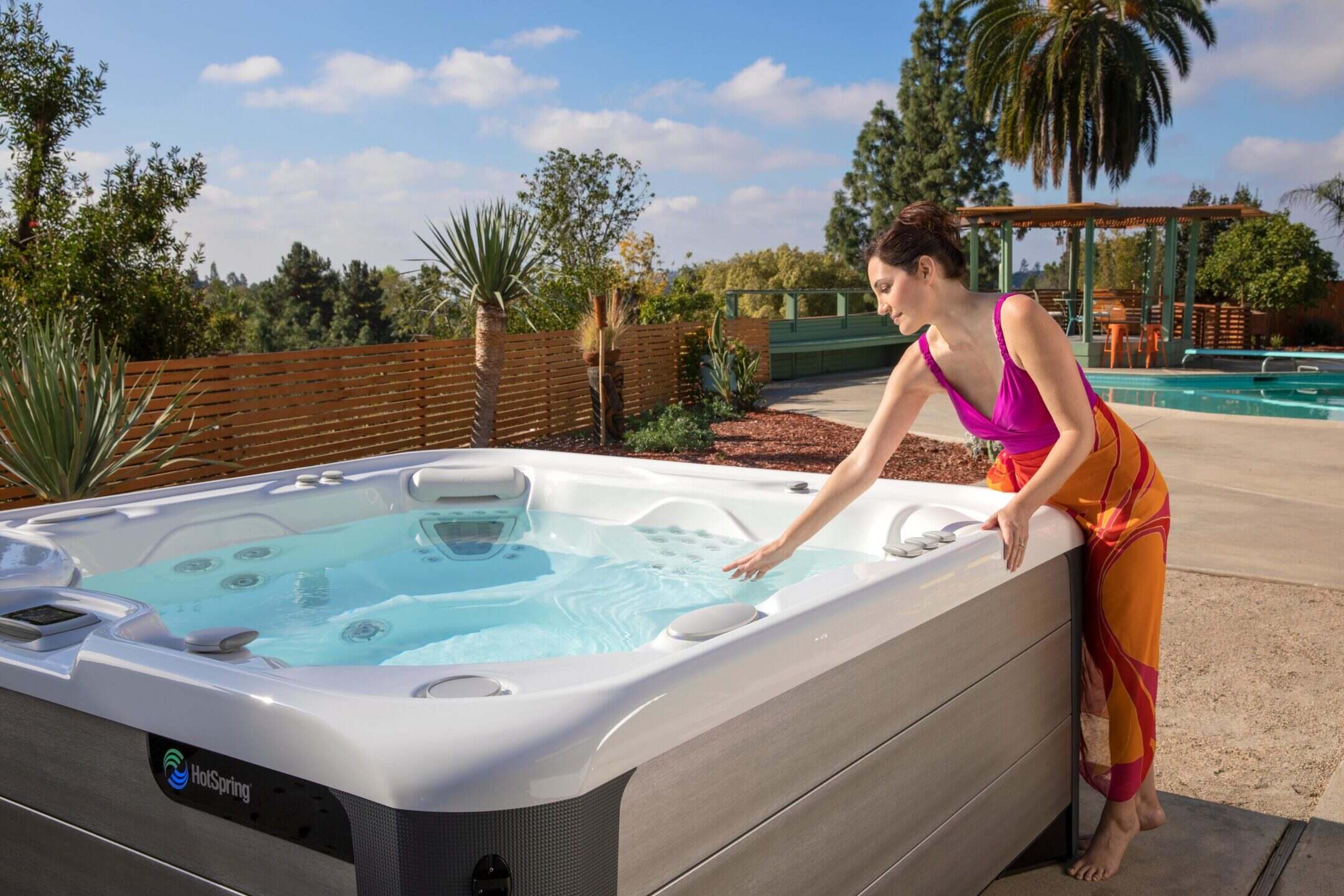

Pool & Spa Care
How To Soften Hot Tub Water
Published: December 28, 2023
Learn how to soften hot tub water with our expert pool and spa care tips. Keep your hot tub water clean and balanced for a relaxing and enjoyable experience.
(Many of the links in this article redirect to a specific reviewed product. Your purchase of these products through affiliate links helps to generate commission for Storables.com, at no extra cost. Learn more)
Introduction
Welcome to the wonderful world of hot tubs, where relaxation and rejuvenation await. Whether you’ve just become the proud owner of a hot tub or you’re a seasoned enthusiast, one crucial aspect of hot tub maintenance is ensuring the water is just right. One of the key factors in achieving the perfect hot tub experience is water hardness. In this guide, we’ll delve into the intricacies of hot tub water hardness, exploring what it is, how to test it, and the methods for adjusting and preventing hard water buildup. By the end, you’ll be equipped with the knowledge and skills to maintain ideal water conditions, ensuring that your hot tub remains a blissful oasis for years to come.
Key Takeaways:
- Test your hot tub water regularly using test strips or liquid test kits to ensure the mineral levels are just right for a blissful soaking experience.
- Keep your hot tub water balanced by adjusting hardness levels as needed, using water softening agents, and maintaining proper water chemistry to prevent scale buildup and preserve the tub’s pristine condition.
Read more: How To Soften Water In A Hot Tub
Understanding Hot Tub Water Hardness
Water hardness refers to the mineral content in the water, primarily calcium and magnesium ions. In hot tubs, water hardness is crucial as it directly impacts water quality and the performance of your hot tub equipment. When the water is too hard, it can lead to scale buildup on the tub’s surfaces, clog the plumbing, and reduce the effectiveness of sanitizers. On the other hand, water that is too soft can be corrosive, causing damage to the tub and its components.
Calcium hardness is especially important to monitor in hot tubs. When the calcium level is too low, the water becomes aggressive and seeks to balance itself by drawing calcium from the tub’s surfaces, potentially causing damage. Conversely, high calcium levels can lead to scale formation, cloudiness, and reduced sanitizer efficiency. Striking the right balance is essential for maintaining both water clarity and the longevity of the hot tub.
Understanding the concept of water hardness is the first step in achieving optimal hot tub water quality. By grasping the impact of mineral content on water behavior and equipment performance, you can effectively manage and maintain the ideal water conditions for your hot tub.
Testing Hot Tub Water Hardness
Regular testing of your hot tub water is essential to ensure that the mineral levels are within the recommended range. Testing for water hardness is a straightforward process that can be performed using test strips or liquid test kits specifically designed for hot tubs.
Test strips are a convenient and cost-effective option for checking water hardness. To use them, simply dip a strip into the water for a few seconds and then compare the color change to the provided chart. This color-matching method allows you to determine the calcium hardness level accurately.
Liquid test kits offer a more precise measurement of water hardness. These kits typically involve adding a few drops of reagent to a water sample and observing the color change. The intensity of the color corresponds to the calcium hardness level, providing a more detailed assessment of the water quality.
Regardless of the testing method you choose, it’s important to follow the manufacturer’s instructions carefully to obtain accurate results. Testing should be conducted regularly, ideally at least once a week, to monitor any fluctuations in water hardness and take timely corrective actions.
By incorporating water hardness testing into your hot tub maintenance routine, you can proactively manage the mineral content of the water, ensuring a balanced and harmonious environment for your hot tub.
To soften hot tub water, you can use a calcium reducer or a water softener product specifically designed for hot tubs. Follow the manufacturer’s instructions for the correct dosage and application.
Adjusting Hot Tub Water Hardness
Once you’ve tested your hot tub water and identified an imbalance in water hardness, it’s time to make the necessary adjustments to bring it back into the optimal range. The method for adjusting water hardness in a hot tub typically depends on whether the hardness level needs to be increased or decreased.
To increase water hardness, you can add a calcium hardness increaser, which is usually in the form of calcium chloride. This product effectively raises the calcium level in the water, helping to prevent corrosion and maintain the tub’s structural integrity. It’s important to carefully follow the manufacturer’s guidelines when adding a calcium hardness increaser to avoid overcorrecting the water hardness.
On the other hand, if the water hardness level is too high, indicating excessive mineral content, you can partially drain the hot tub and refill it with fresh water. This dilution method helps reduce the concentration of minerals in the water, subsequently lowering the overall hardness level. After refilling, it’s essential to retest the water and make any further adjustments as needed to achieve the desired hardness level.
When adjusting water hardness, it’s crucial to maintain a balanced and harmonious environment within the hot tub. By addressing imbalances promptly and accurately, you can safeguard the tub’s components, promote water clarity, and ensure a delightful soaking experience for all who indulge in its soothing waters.
Preventing Hard Water Buildup
Preventing hard water buildup in your hot tub is essential for maintaining water clarity and prolonging the lifespan of the tub and its components. Several proactive measures can be taken to minimize the accumulation of scale and maintain optimal water conditions.
One effective strategy for preventing hard water buildup is to use a quality water softening agent specifically formulated for hot tubs. These products work to sequester minerals in the water, inhibiting their ability to form scale and reducing the potential for unsightly deposits on the tub’s surfaces and equipment.
Regularly cleaning and maintaining the hot tub’s filtration system is also crucial for preventing hard water buildup. A clean and efficient filter helps to remove mineral particles and other impurities from the water, reducing the likelihood of scale formation and preserving water clarity.
Additionally, incorporating a weekly maintenance routine that includes the use of a scale and stain control product can further aid in preventing hard water buildup. These specialized formulations help to manage mineral levels and protect the hot tub from the adverse effects of hard water, promoting a pristine and inviting soaking environment.
Properly balancing the water chemistry, including pH and alkalinity levels, is fundamental for preventing hard water issues. By maintaining the recommended water balance, you can minimize the potential for scale formation and ensure that the water remains balanced and inviting for all who seek its therapeutic embrace.
By implementing these preventive measures and incorporating them into your regular hot tub maintenance regimen, you can effectively mitigate the impact of hard water and preserve the pristine condition of your hot tub, creating an oasis of relaxation and enjoyment for years to come.
Read also: 15 Best Hot Tub Water Softener For 2024
Conclusion
As you immerse yourself in the world of hot tub ownership, mastering the intricacies of water hardness is a vital aspect of maintaining a pristine and enjoyable soaking experience. Understanding the impact of mineral content on water behavior and equipment performance empowers you to proactively manage and optimize the water conditions within your hot tub.
Regular testing of water hardness, using either test strips or liquid test kits, provides valuable insights into the mineral levels, enabling you to make informed adjustments as needed. Whether it’s adding a calcium hardness increaser to raise the calcium level or performing a partial water change to reduce excessive mineral content, maintaining the optimal water hardness level is essential for preserving water clarity and the integrity of your hot tub.
Preventing hard water buildup through the use of water softening agents, diligent filtration system maintenance, and the incorporation of scale and stain control products further safeguards your hot tub from the adverse effects of mineral accumulation. By prioritizing proper water chemistry balance and adopting a proactive approach to water hardness management, you can create an inviting oasis of relaxation and rejuvenation for yourself and your guests.
Embracing the art of hot tub water hardness management not only ensures a delightful soaking experience but also contributes to the longevity and performance of your beloved hot tub. With these insights and practices at your disposal, you’re well-equipped to embark on a journey of maintaining optimal water conditions, preserving the beauty and functionality of your hot tub, and basking in the tranquil luxury it offers for years to come.
Frequently Asked Questions about How To Soften Hot Tub Water
Was this page helpful?
At Storables.com, we guarantee accurate and reliable information. Our content, validated by Expert Board Contributors, is crafted following stringent Editorial Policies. We're committed to providing you with well-researched, expert-backed insights for all your informational needs.
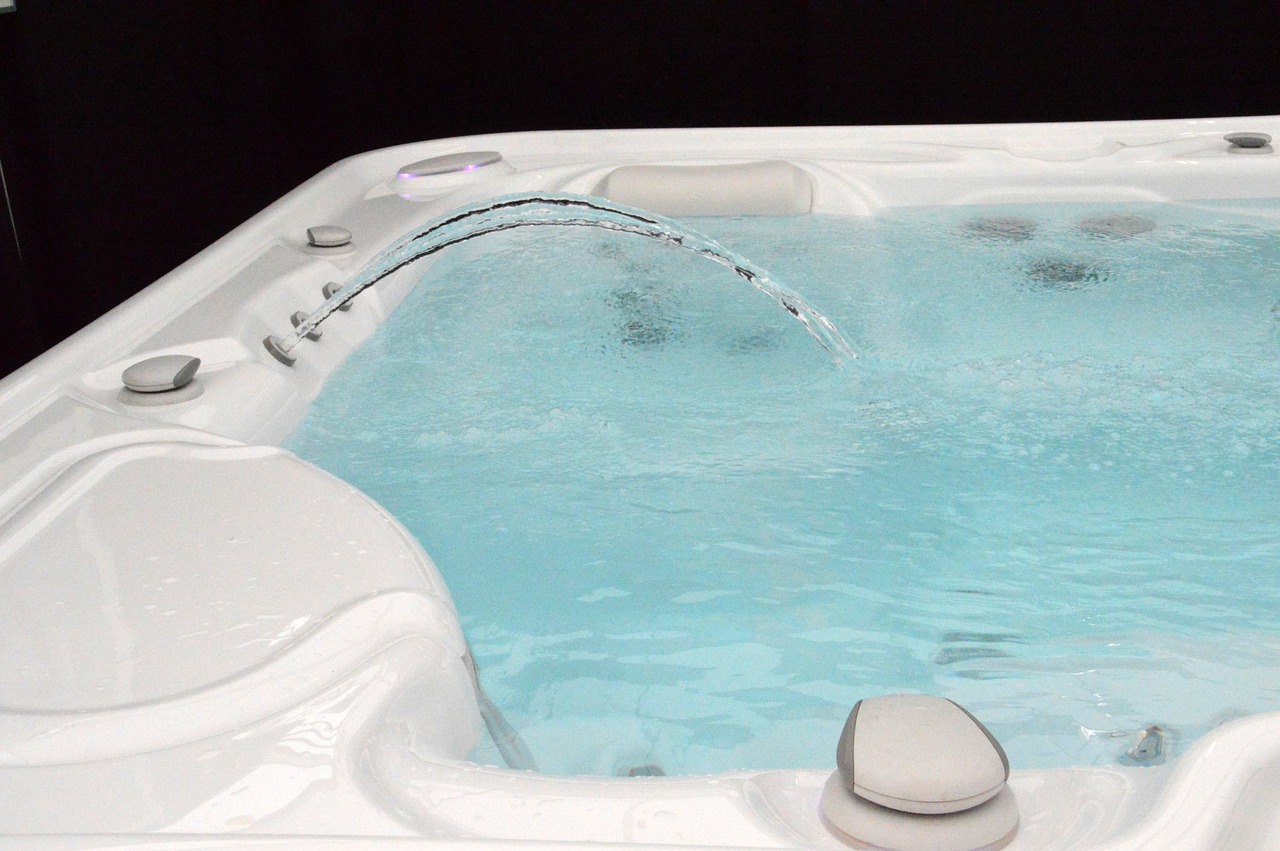
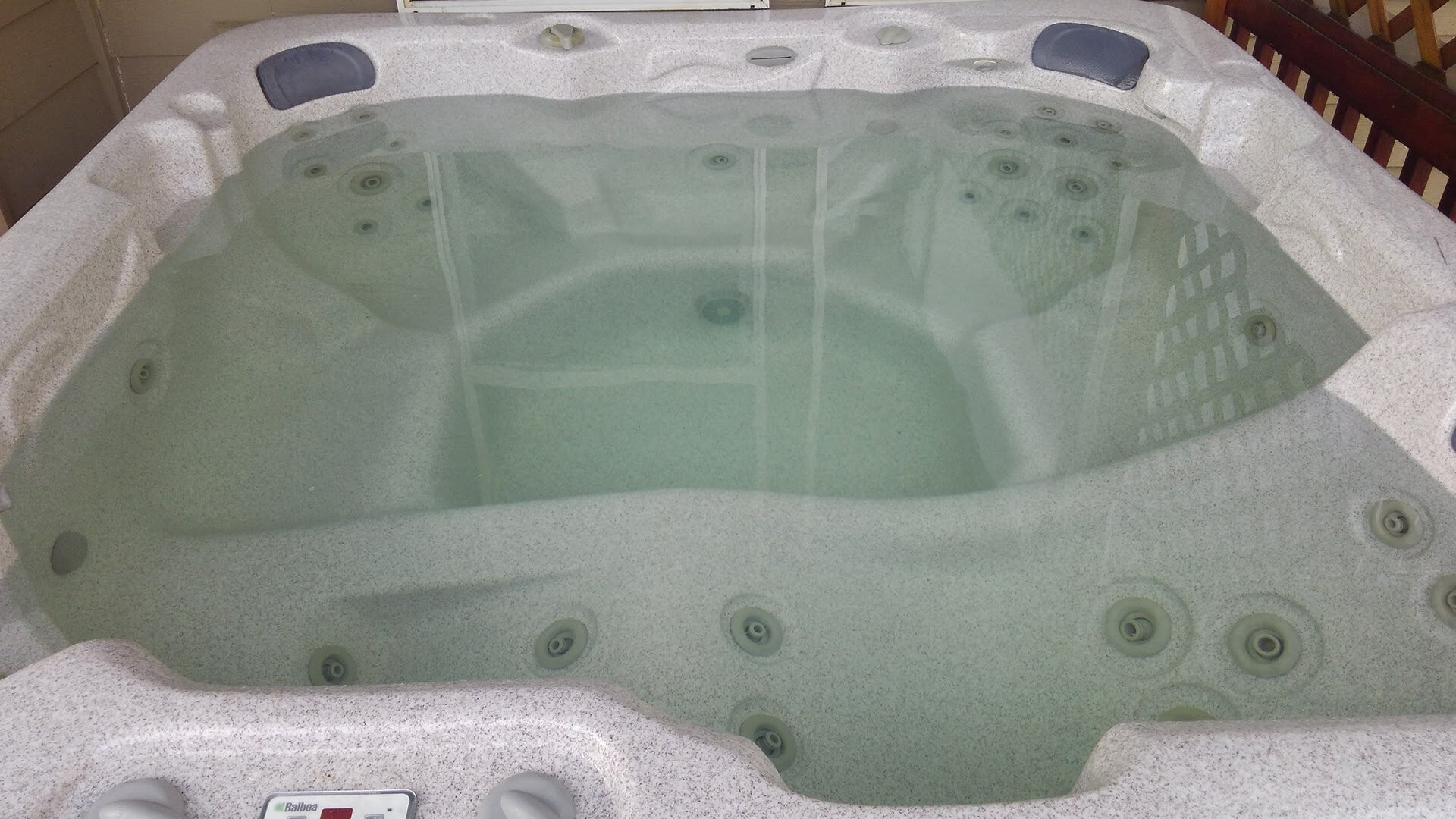
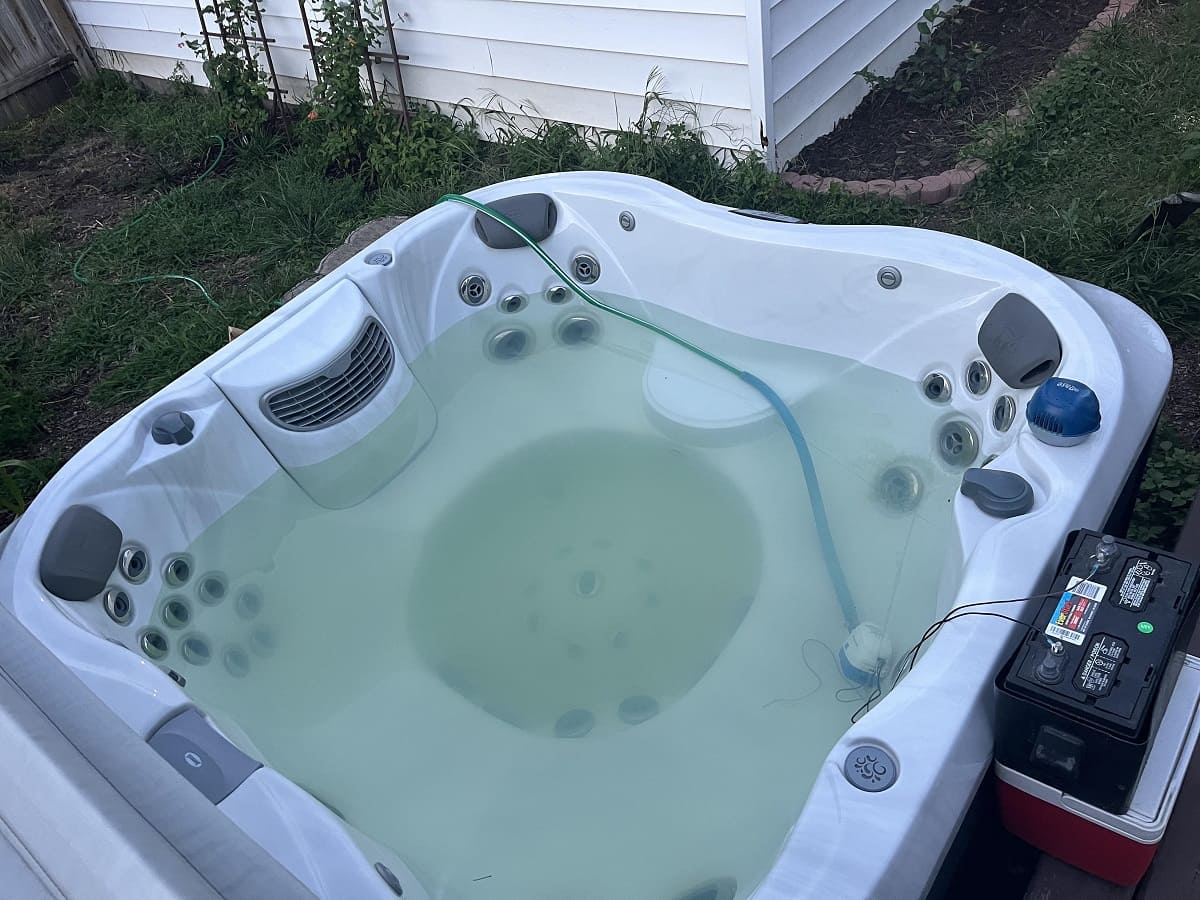
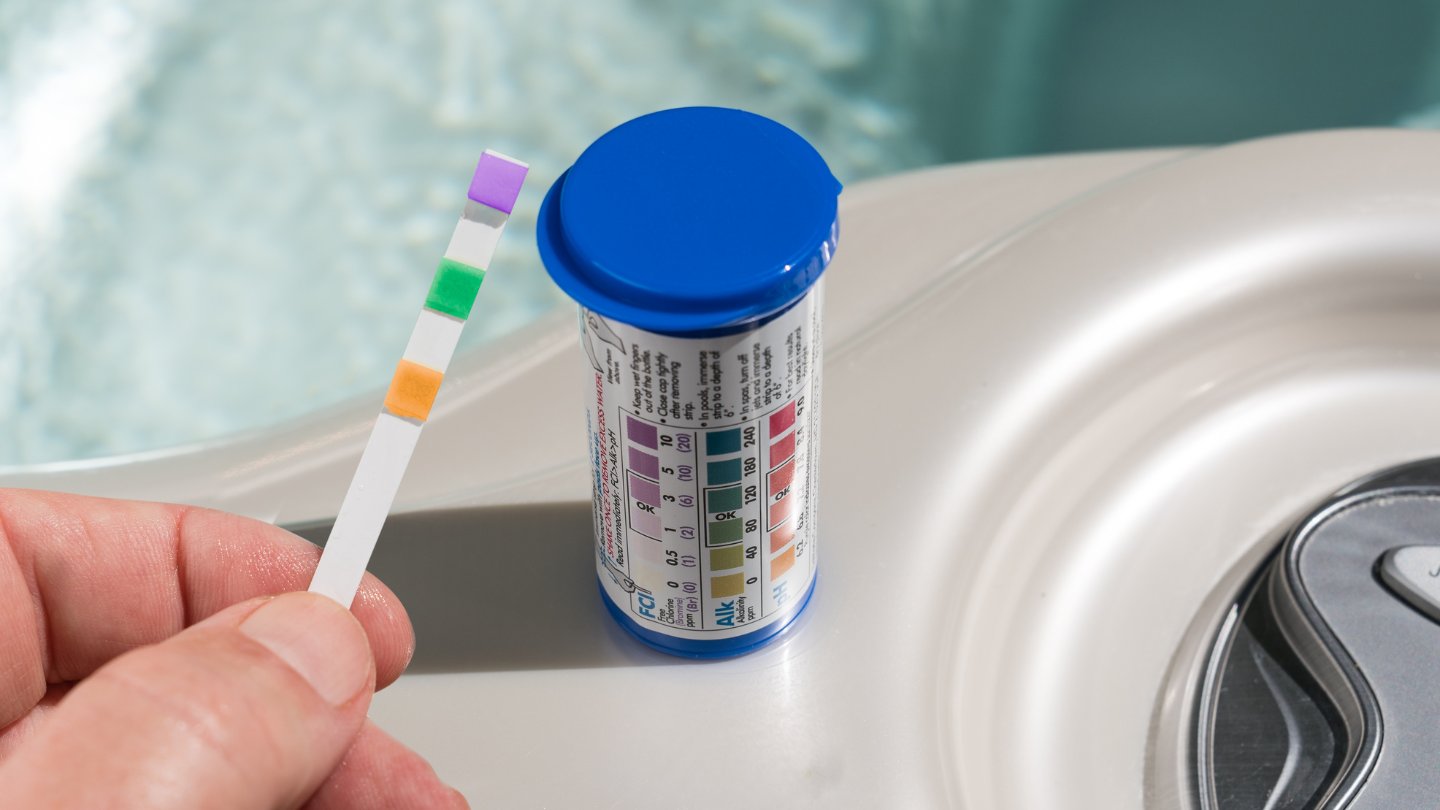
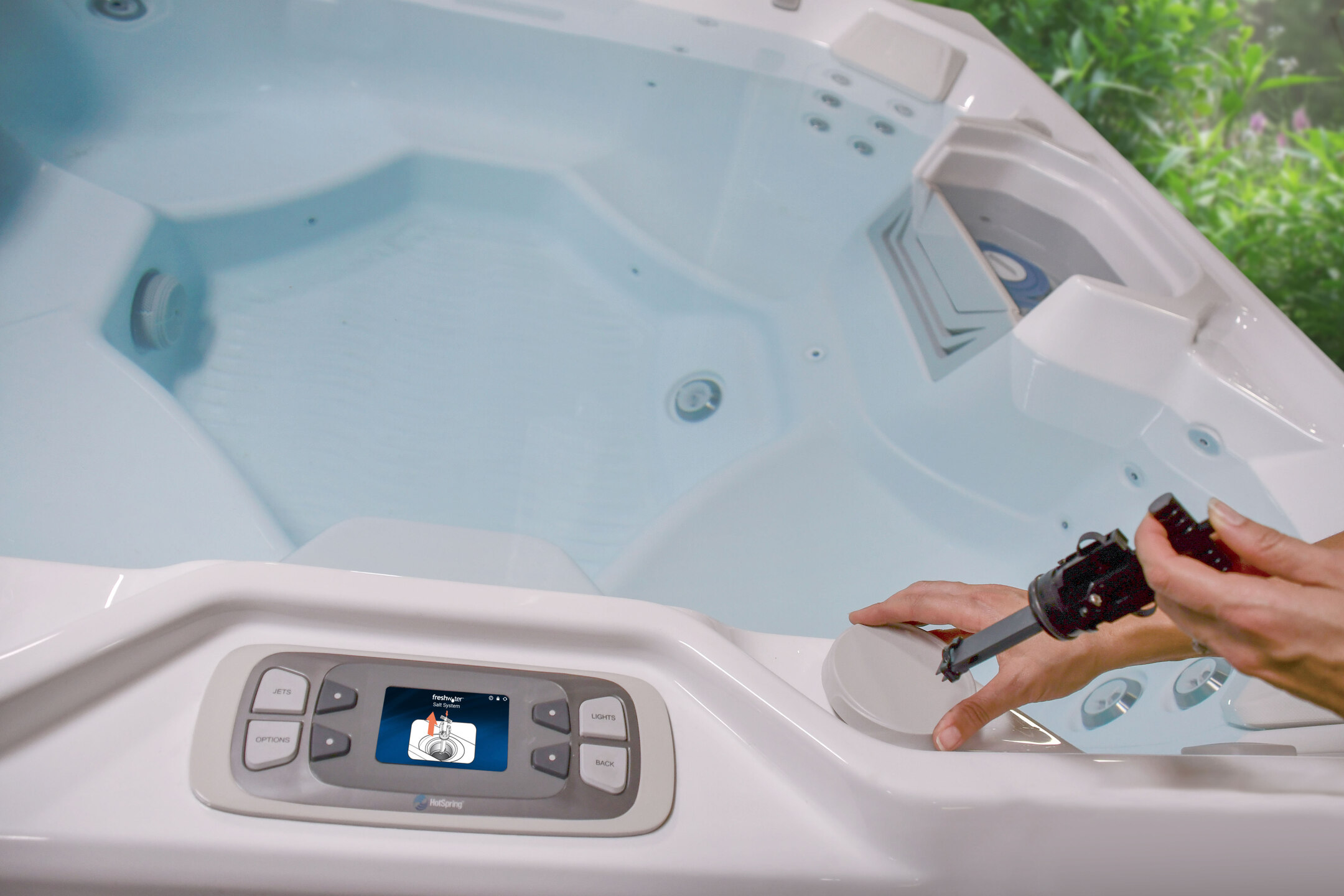
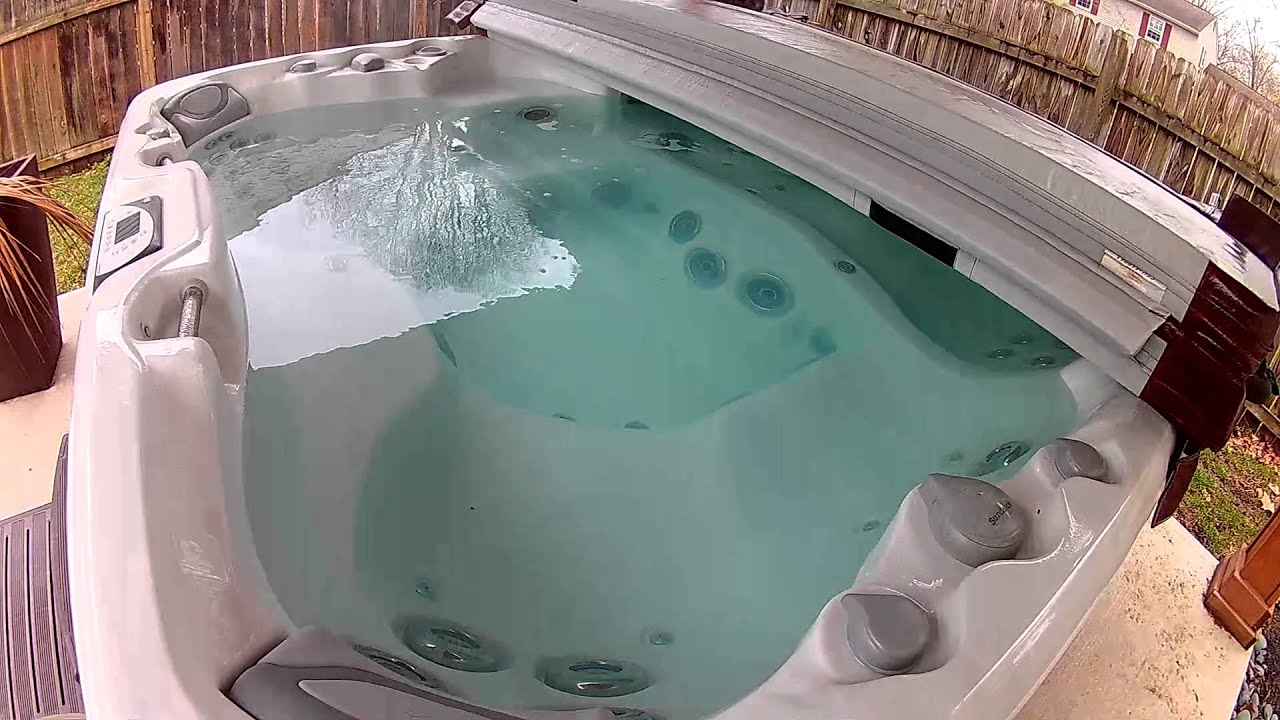
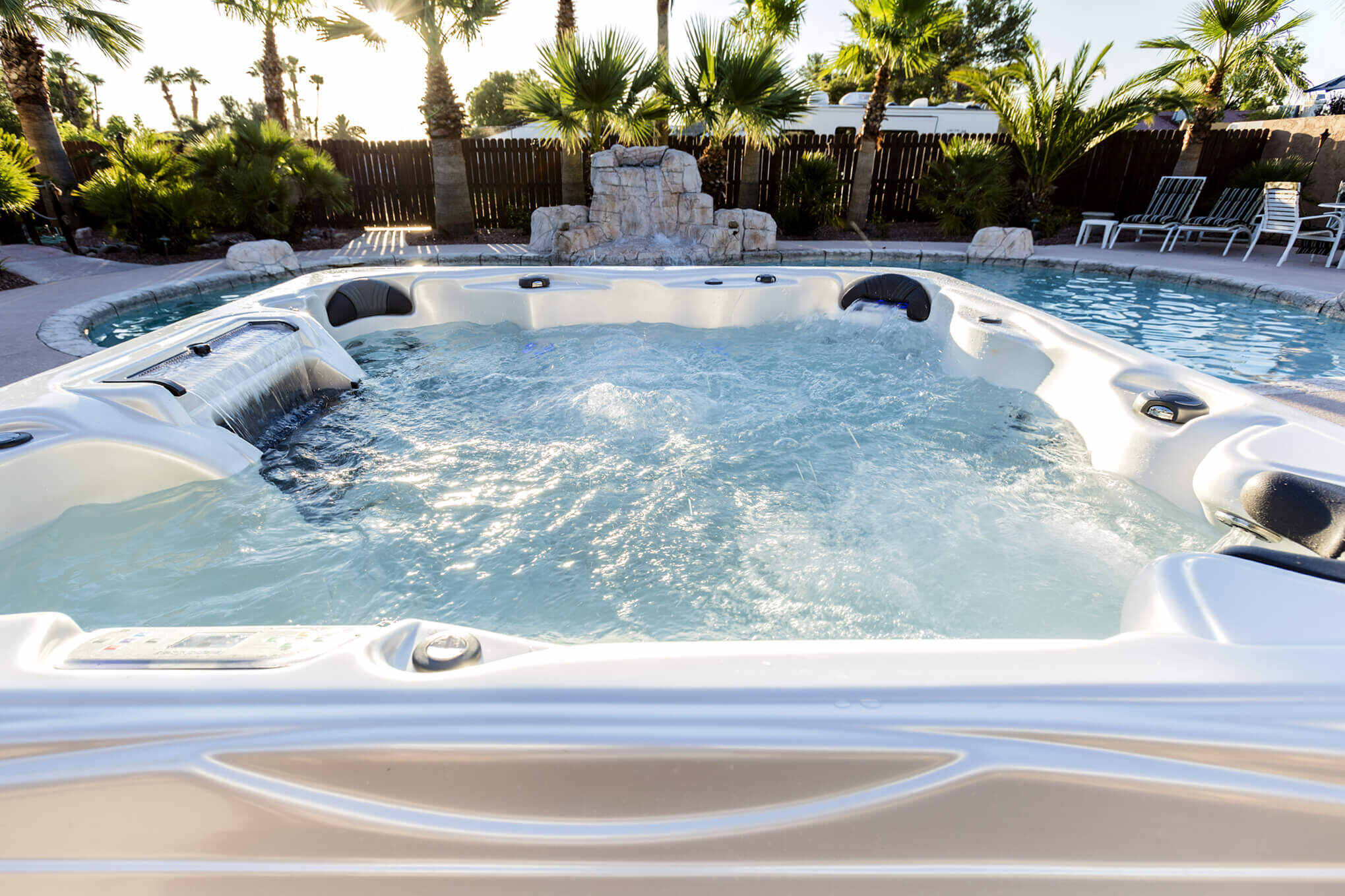
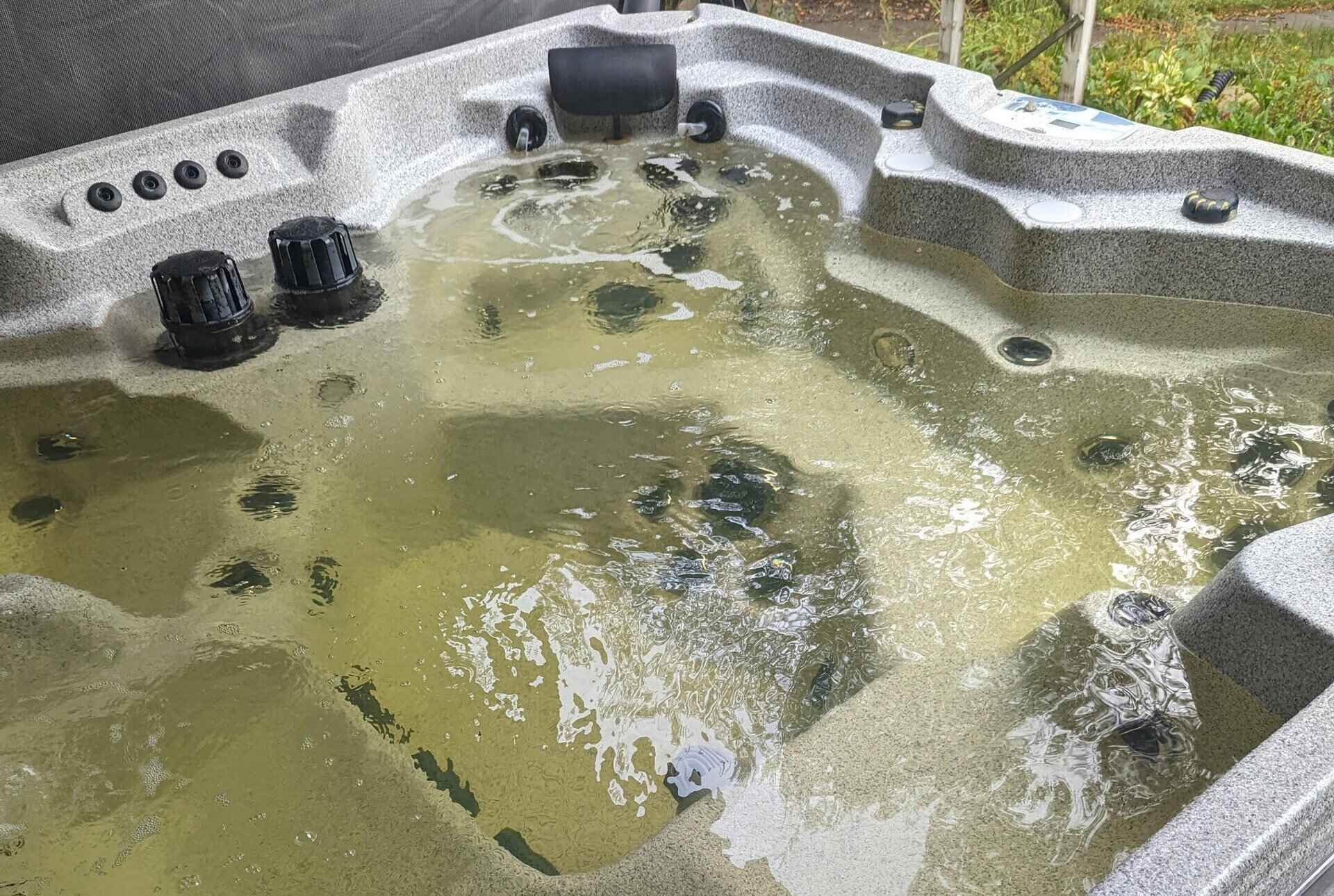
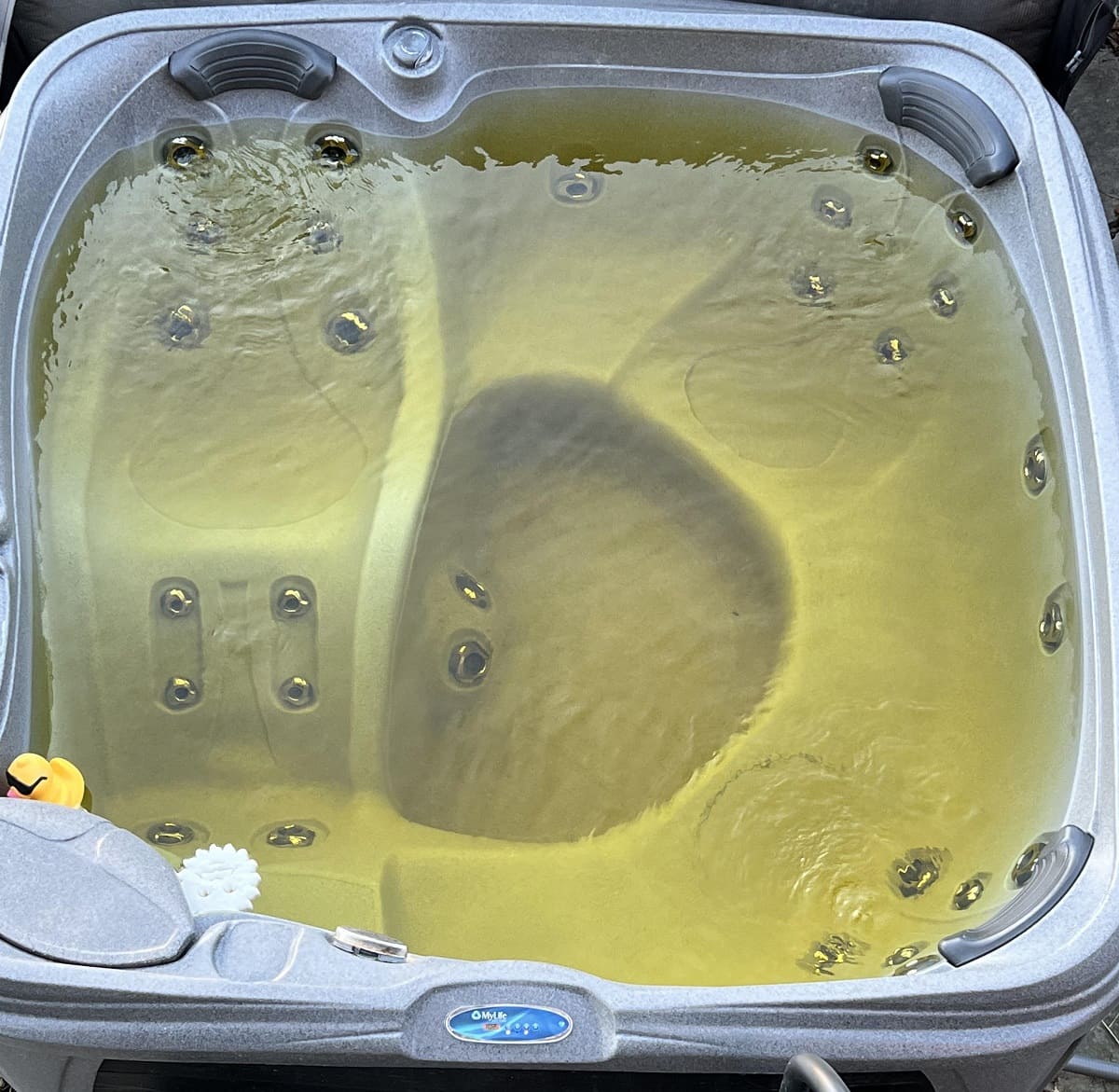
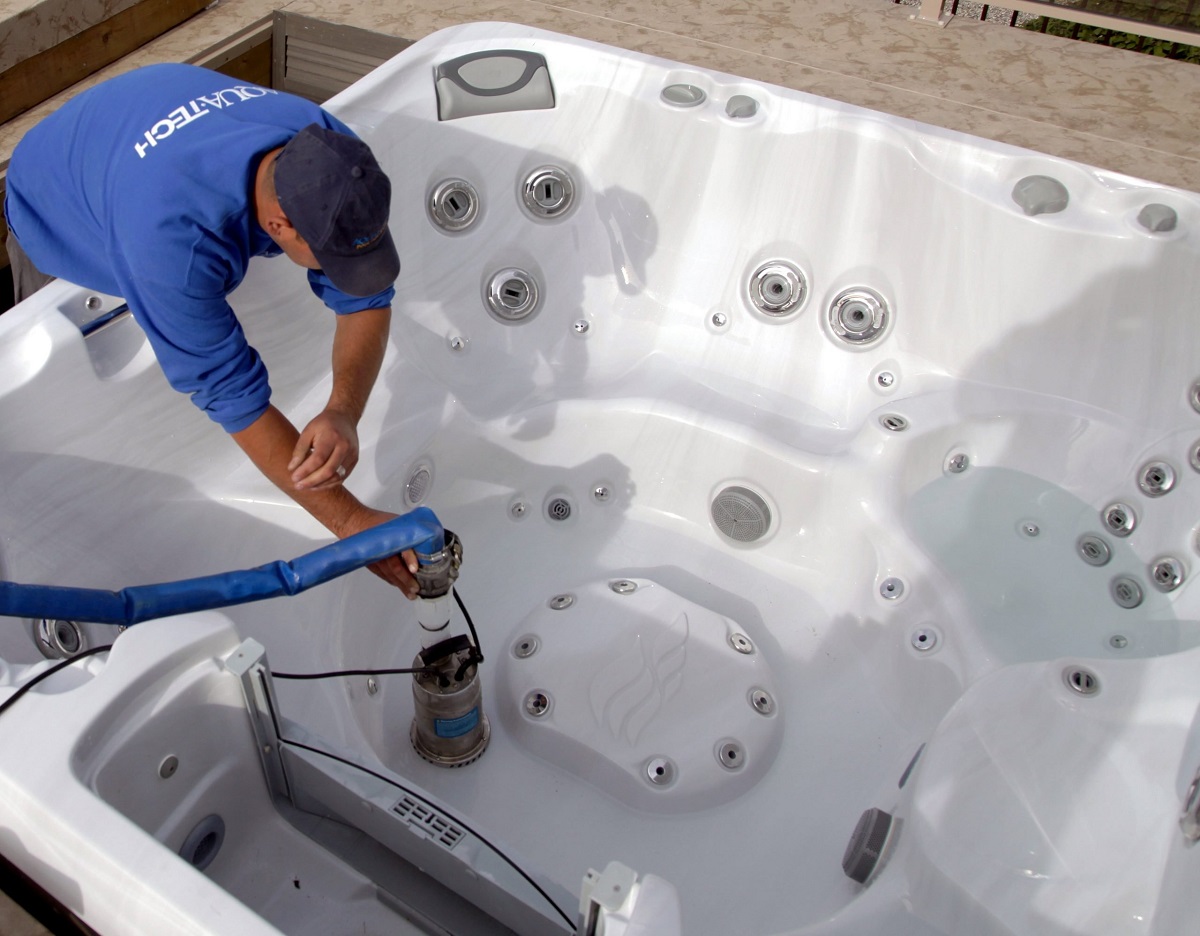
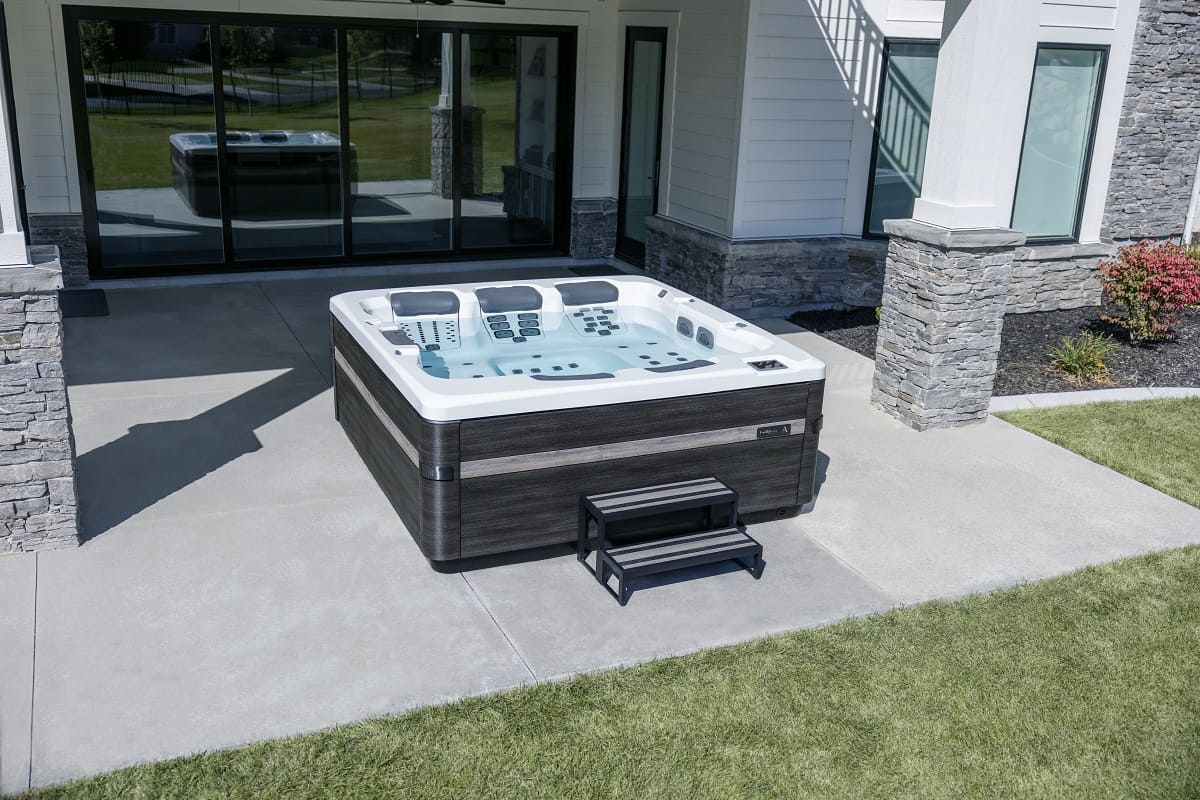
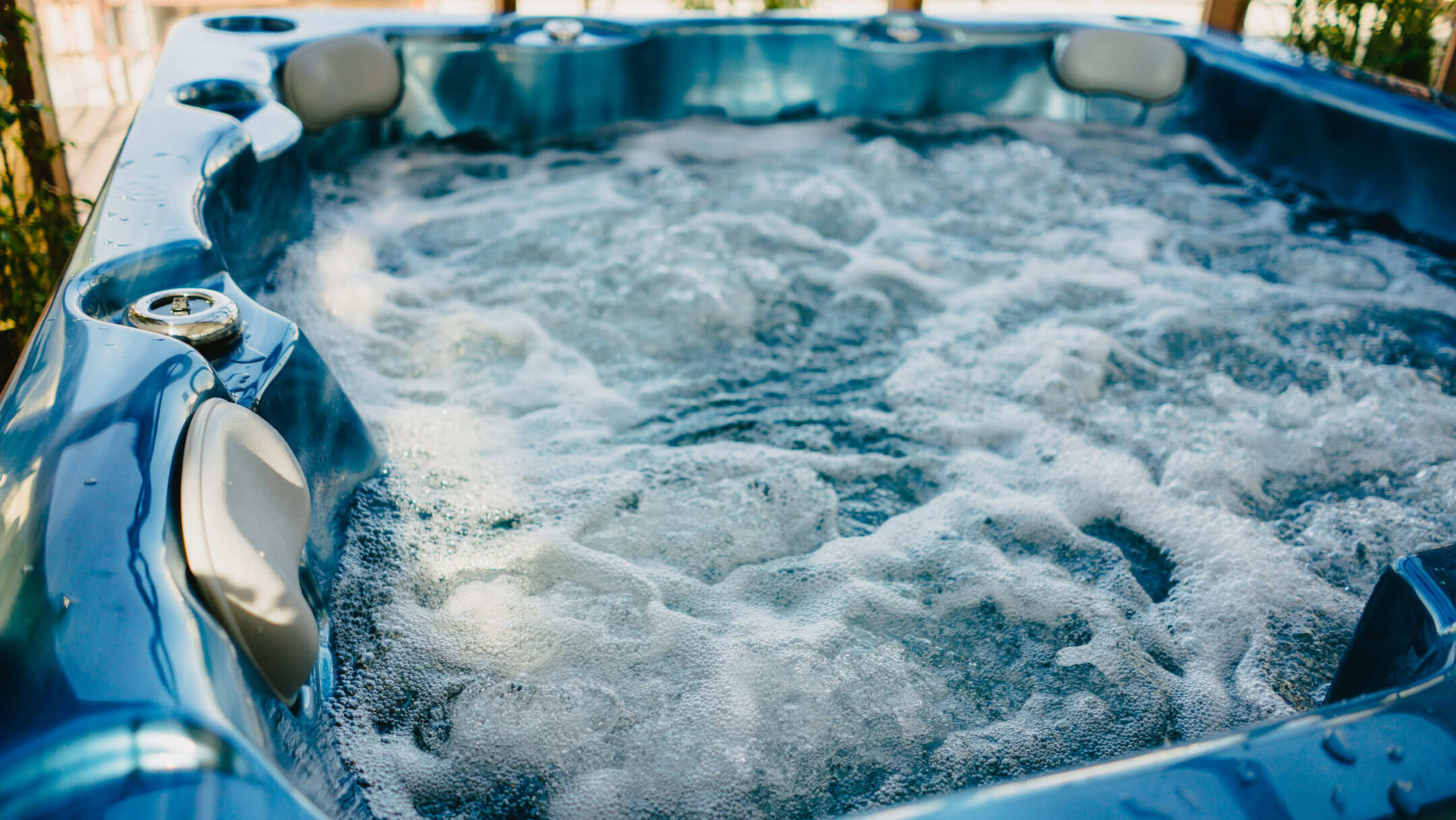
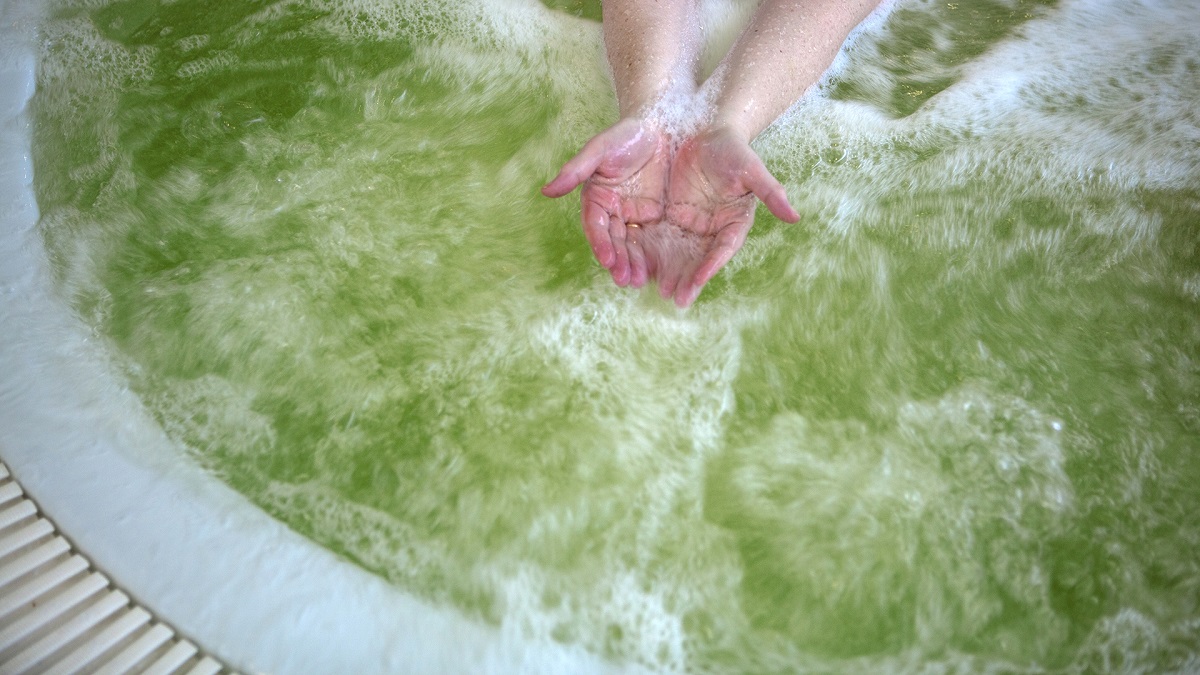
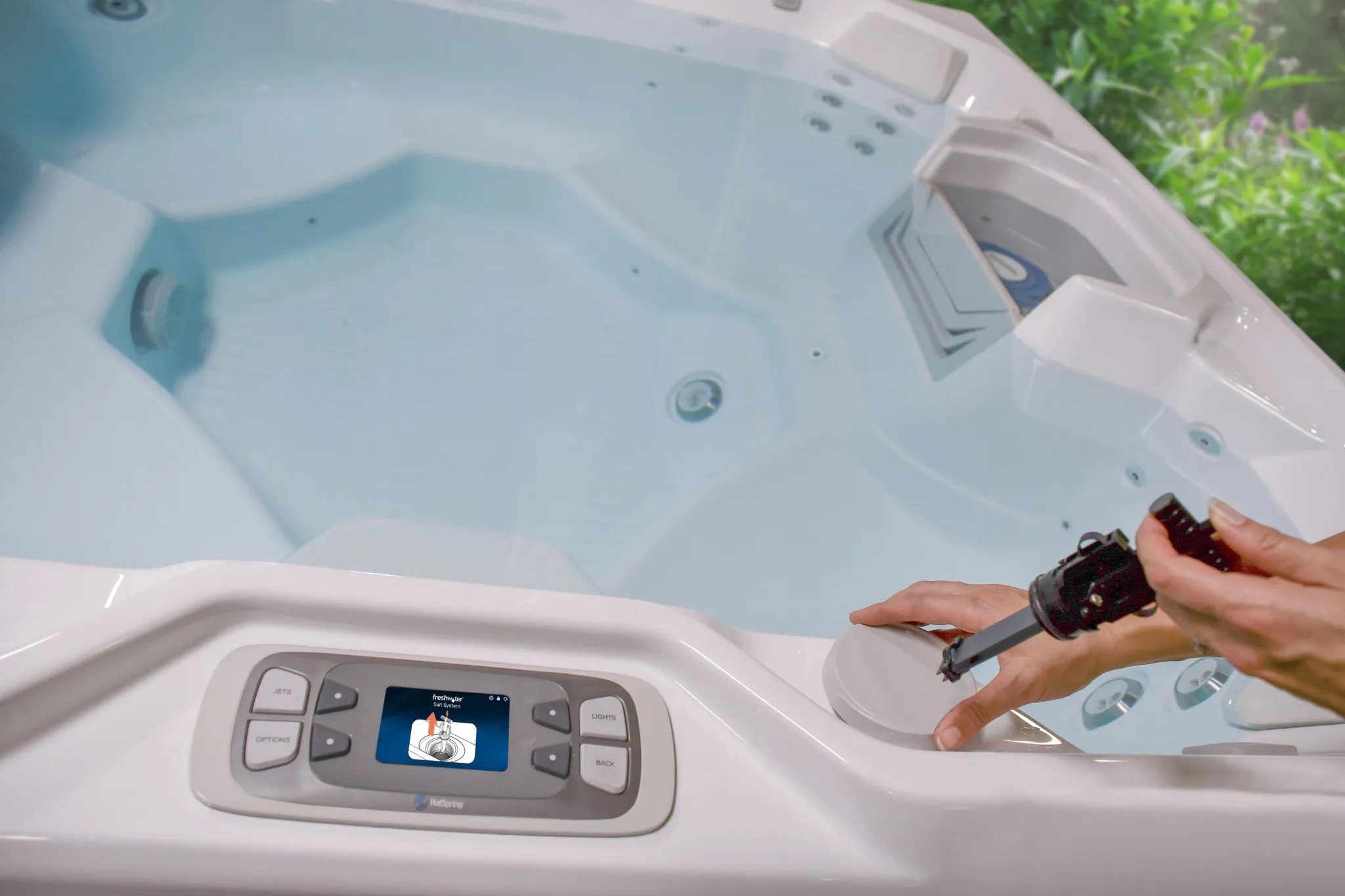

0 thoughts on “How To Soften Hot Tub Water”